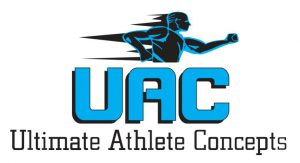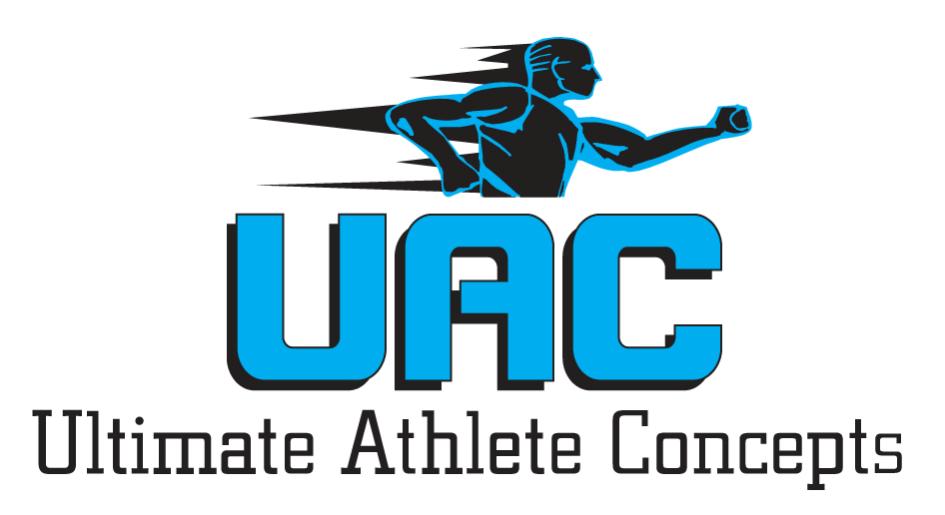Yosef Johnson is the owner of Ultimate Athlete Concepts, a Michigan based company dedicated to providing top quality information from the world’s leading coaches, scientists, and researchers.
 DR: It’s great to have you for this interview, Yosef. Please introduce yourself and give a bit about your background to the readers.
DR: It’s great to have you for this interview, Yosef. Please introduce yourself and give a bit about your background to the readers.
YJ: I was an athlete searching for ways to get better as a teenager. Most of what I found was very weak, but I kept looking. In my early 20′s, I came across Dr Yessis’ “Secrets of Soviet Sports Training”. I remembered the story about how he developed Todd Marinovich and was also very aware of the Soviet’s success. Upon reading the book, I began to try to contact him. After making contact, I could tell he was far more knowledgeable than anyone I had encountered. As my own athletic career was ending, I was still fascinated with the field and began to work as his apprentice
DR: You’ve been publishing literature from the former Soviet Union for many years now. Most strength coaches know about the “big name” scientists from the USSR, such as Dr. Verkhoshansky, Dr. Issurin, and Dr. Bondarchuk. Who are some of the lesser known, but still highly influential, coaches to come out of the Eastern bloc countries?
YJ: Petrovsky [Borzov’s coach], Ter-Ovanesian, etc… Many forget that Borzov was the fastest person in the world at one point in the 70′s.
DR: Much of the writing from the Eastern bloc countries has been misapplied in the training of athletes. Why do you think this is?
YJ: We have not fully comprehended what they were doing. The quality of the science was, and is, exponentially higher than ours. We also have tried to take things intended for high level athletes and apply them to lower level ones, who should not be trained with such methods. Hence, I would wager that almost all of our collegiate athletes are over trained. What I have observed in many interactions with coaches is that harder work is equated as better work. We sorely lack precision in our training. Everything is thrown against the wall to see what sticks. In the end, we see very little improvement from freshman year to graduation. I think it is telling that you never see athletic improvement measurements posted for the world to see. We only track improvement in lifts. This is becuase there is little improvement to discuss otherwise.
DR: I understand that you also train athletes yourself. What is your own approach when working with an athlete or a team?
YJ: First you must recognize who you are dealing with. In my case, they are either in high school or college. Both are low level athletes and should be treated as such. Their nervous systems are very plastic and you do not need intensive means to elicit a great response. I liken it to being a doctor who makes a prescription for medicine. All medicines have a use, but all can be fatal as well. You must use the correct dose at the right time in the right frequency with the right patient [athlete] to be effective. Hence, precision is the key, not working them in the ground.
DR: Russian sports science is clearly still a vital part of many people’s training methodology. However, where do you think the next great research, literature, and/or coaches will come from?
YJ: The Chinese seem to be very serious about their success. Although they are still behind where the Russians were, they have a system and determination that facilitate great progress. They had a good number of scientists that moved there after the USSR fell apart. Before then, the Chinese had access to much of the information. The positive to a Communist society is a government sponsored sports science dept. Regrettably, here in the U.S., we are at least 20 years behind where the Russians left off.
DR: Any books to be excited about for the future?
YJ: Yes. I am very excited about a new book being written by Dr Bondarchuk. This is just what is needed in the U.S. It will outline a life long strategy for the athlete, covering novice, intermediate and high level athletes. There is no such book in english at this time and it will elucidate concepts with younger athletes that are currently unkown.
DR: The book sounds very exciting, Yosef. Thank you for taking the time to do this interview. Your dedication to bringing the best information to the forefront is unparalleled!



